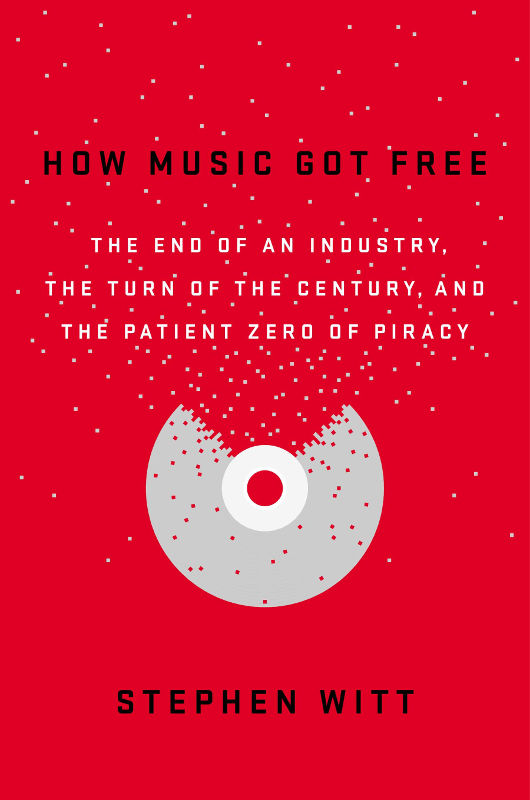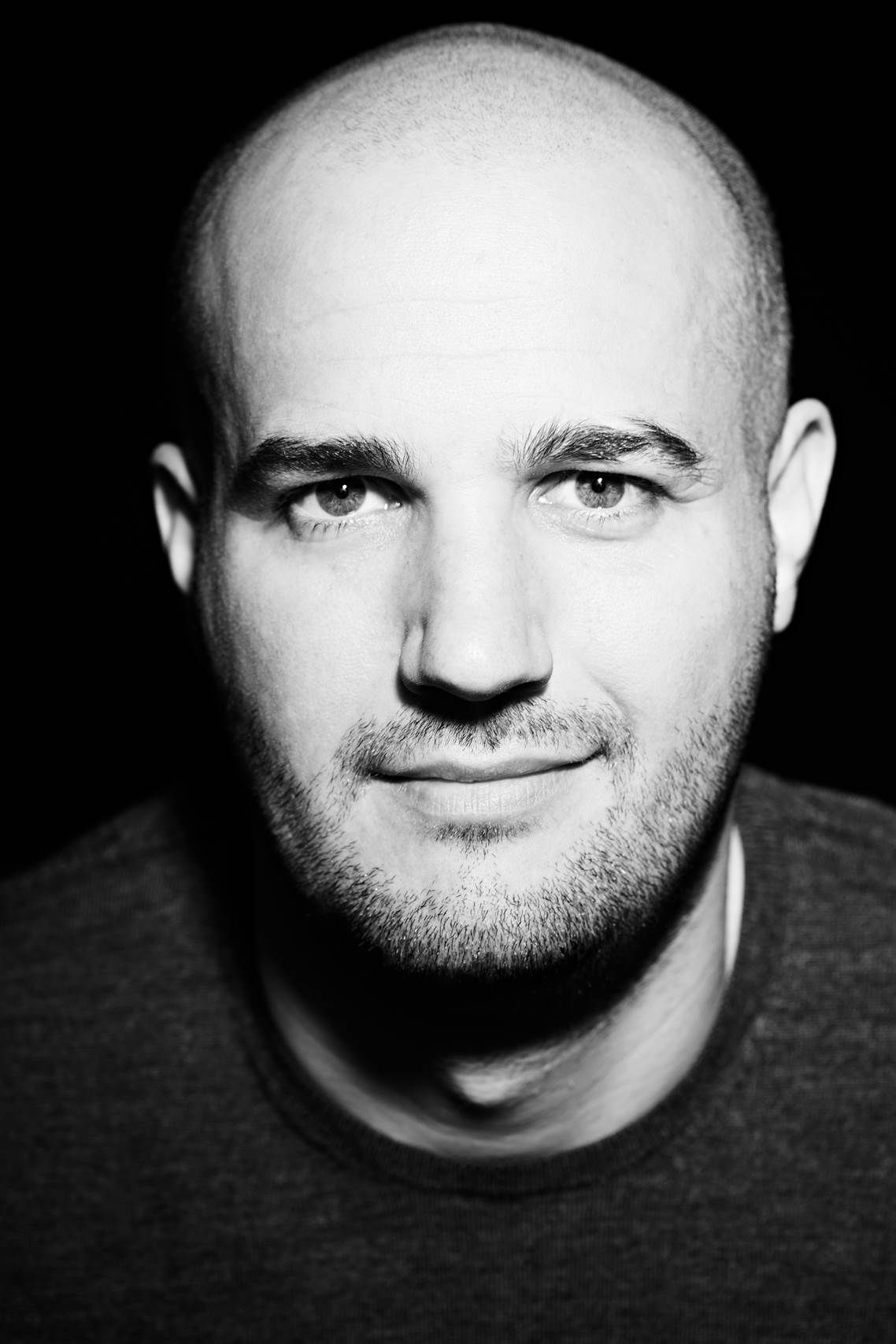
Through a mixtape labeled Mixed by Erry, one could enjoy music designed directly for the listener, a fluid dimension where everything was not predetermined according to the A-side - B-side subdivision, but could be iridescent according to one's tastes, not very different from what happens today when making a playlist within any streaming service.

Thus, together with his two brothers, starting with a small duplicator and a few mixtapes sampled directly from some LPs in his collection, he created a business that would come to produce almost 60 thousand compilations a day, dominating 27 percent of the music market in the early 1990s and becoming the first record label in Italy and the first "original" form of piracy in Italy. In 1980s Naples, the Frattasio brothers grew up in the alleys of Forcella, and the second son-in-law, Enrico, from an early age was fascinated by the conformation of the stereos he assiduously watched in a small appliance store, almost slavishly reciting every song played on the radio. Sidney Sibilia brings to the stage in his new film, Mixed By Erry, which has been in theaters for a few days now, the dream of a young boy from Forcella, Enrico Frattasio, whose dream was just to be a DJ. It wasn't just a way to find new music it was a subculture in its own right.»īut what Witt was probably not aware of is that this had its initial matrix as long as a decade earlier in Italy. What was driving me, I wonder? Curiosity had something to do with it, but years later I realize that what I really wanted was to be part of a very select group, a kind of elite. I was pirating on an industrial scale, but I didn't tell anyone. By the end of the first semester, there were already a hundred pirated songs on my 2 Gb hard drive. «When I started college in 1997, I had never heard of mp3s. Platforms such as Napster or The Pirate Bay allowed almost unlimited access to the largest existing music catalog ever found in the history of piracy, crippling an industry at the height of its power.

By defining the «pirate generation,» Witt was referring to those who in the late 1990s, thanks in part to the contribution of the mp3 format that was easily exportable given its meager weight in megabytes, enabled the massive sharing of decrypted music at no cost without any constraints.

In 2016, investigative journalist Stephen Witt wrote in the preface of his first book, How Music Got Free, that he was an integral part of the pirate generation.


 0 kommentar(er)
0 kommentar(er)
